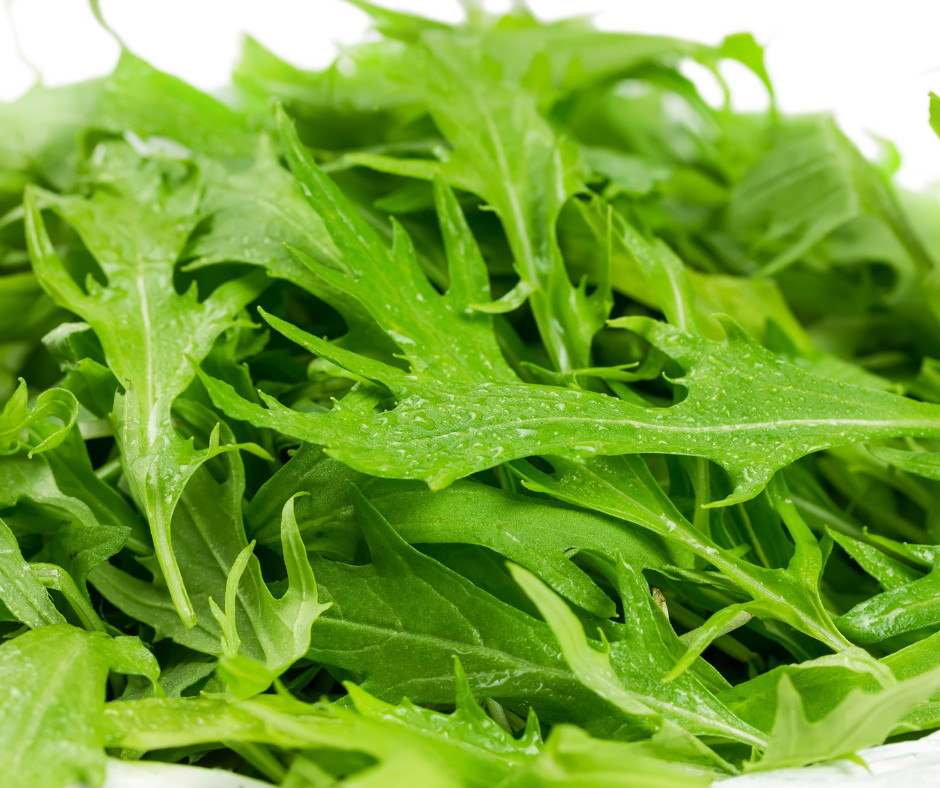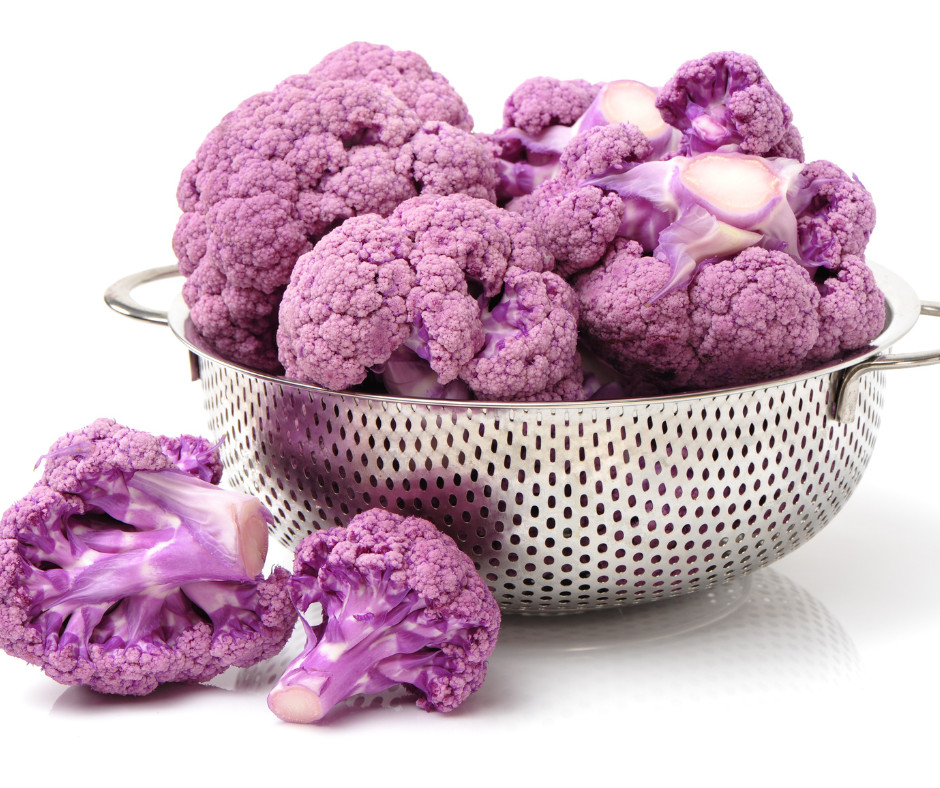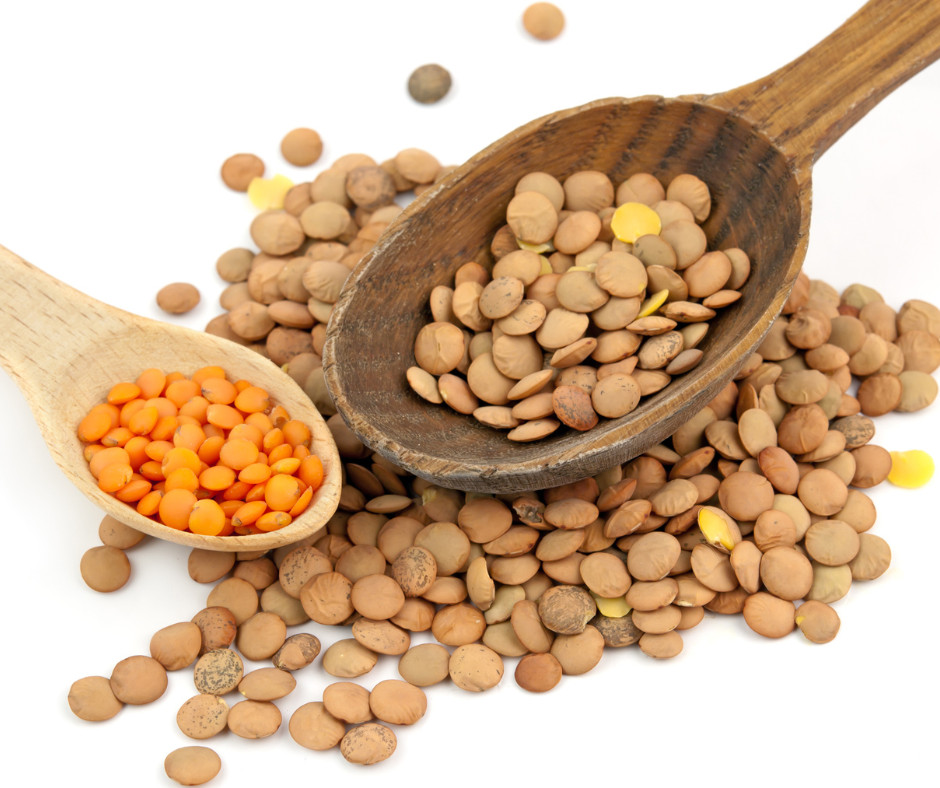
Most cells in your body have specific functions. A stem cell doesn’t have a specific purpose and can turn into any cell as needed. They can turn into specialized cells, such as blood cells, brain cells, bone cells, or heart muscle cells through the process of differentiation. Self-renewal, or differentiation, can occur in your body or in a laboratory provided the right conditions. There are several types of stems cells that are categorized based on their potential to differentiate. Stem cell therapy involves replacing damaged cells with stem cells that can differentiate as needed. This process uses a type of stem cell known as mesenchymal stem cells. Stem cell therapy has shown great potential for reducing inflammation and becoming a potential therapy option for a variety of diseases. Although not as powerful as stem cell therapy, here are some ways you can encourage your body to produce more of it's own stem cells and improve their function naturally.
Regular Movement
Exercise is critical for your health and well-being. Research shows that exercise helps to increase the number of stem cells in the body. In addition, exercise helps with tissue regeneration and function. Try a mix of cardiovascular, strength- and resistance training, and low impact exercise. It's best to stay active throughout the day by taking regular walks and stretching regularly. You can also opt to take the stairs, or walk/bike instead of driving. Gardening and dancing also count.
Healthy Diet
Your diet plays a significant factor in your body’s natural regeneration cycles. Adding stem cell-friendly foods into your diet is a good first step to promoting natural cell growth. Berries such as blackberries, goji berries, pomegranate, blueberries, and raspberries all support liver health and reduce inflammation. Cruciferous vegetables such as cauliflower, broccoli, kale, cabbage, bok choy, & Brussels sprouts are some of the best foods for stem cell growth. Green leafy vegetables also help reduce inflammation and support stem cells. Mushrooms like maitake and shiitake, are high in micro-nutrients known as polyphenols. These nutrients are stem cell enhancers. Seafood and fatty fish are another powerful and natural adult stem cell activator. It is also important to make an effort to decrease or eliminate added sugars, or foods that quickly convert to sugar, because sugar inhibits stem cell growth and function.
Sleep
Research has shown that lack of sleep, or insomnia, is very detrimental to stem cell function. 4 hours of sleep decreases the ability of stem cells to migrate through the body by nearly 50% while 7-8 hours does the opposite. A good nights sleep helps to renew the quality of circulating stem cells. Other studies show that a good night's sleep can help keep stem cells younger. High-quality sleep is important for nearly every one of our bodily functions.
Reduce Your Calories
It has been shown that even short-term calorie restriction can improve stem cell function. One way to do this is to eat within a time restricted window. The most common version of this type of eating is to consume your food during an 8 hour window. This is known as intermittent fasting. Increasing fasting for 24 hours or longer has also been shown to improve stem cell regeneration.
Avoid Chemicals
Unfortunately, you are exposed to chemicals on a daily basis through food, air, and the products you use on your body and in your home. Although the dose of each individual chemical may be low, the cumulative exposure can end up compromising your health. Many of the chemicals disrupt key pathways that are related to stem cell function. Eliminating as many chemicals as possible will help your body function optimally. The Environmental Working Group (EWG) has one database called Skin Deep and one called the Guide to Healthy Cleaning. These databases can help you find the least toxic products.
Did this help you? If so, I'd greatly appreciate it if you commented and/or share it on social media.

Email: sharonledwards@hotmail.com
Facebook: https://www.facebook.com/sharonledwardsbiz/

















0 Comments